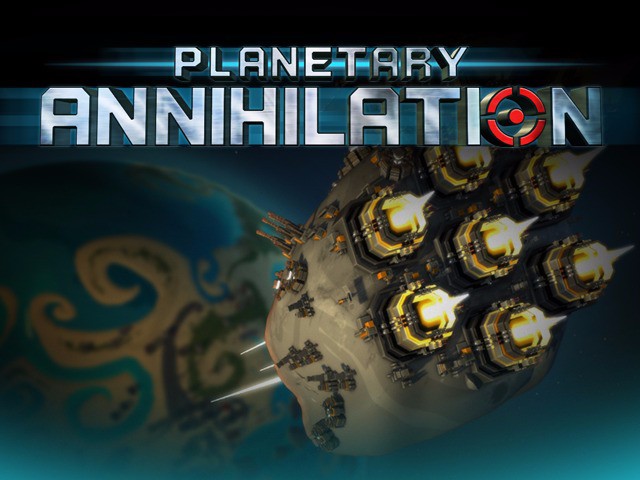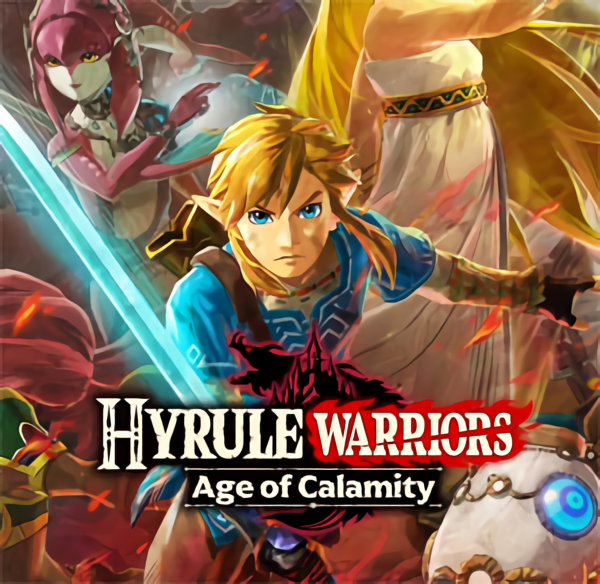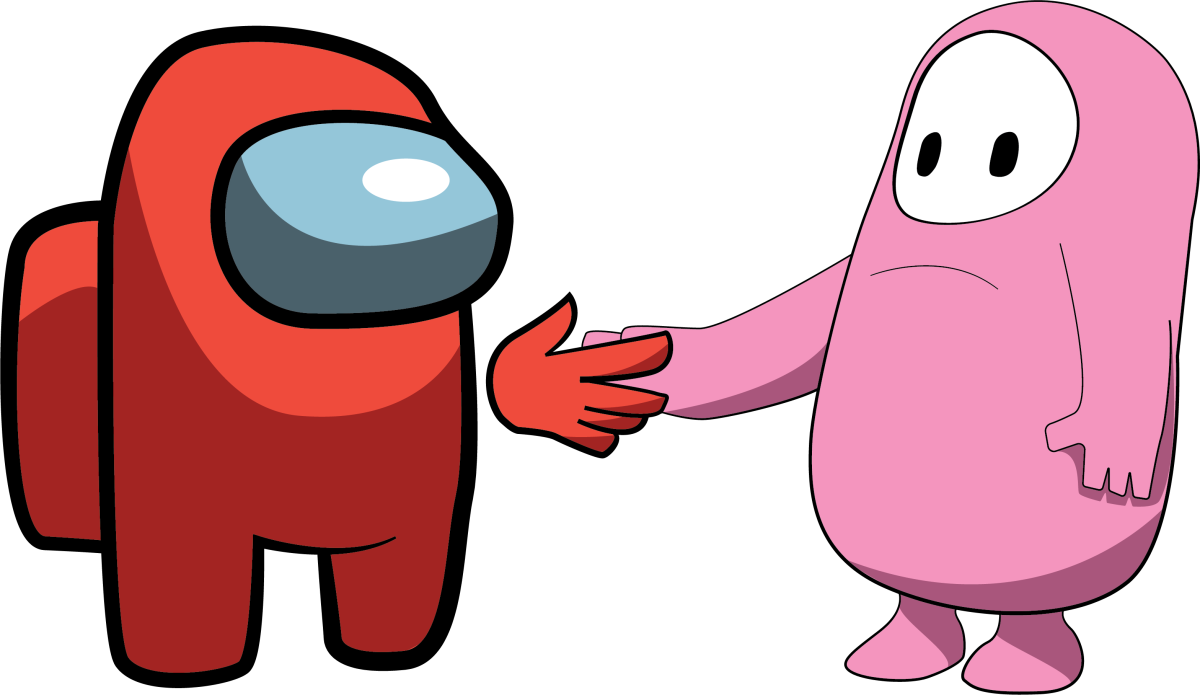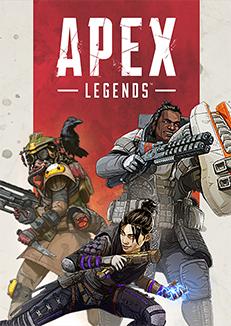When Childhoods die
Here’s a little history lesson: back in 1997, about a year before Starcraft came out, Total Annihilation was released, much to the delight of strategy game fans. With the ability to create massive armies and units while using a simple economy system, Total Annihilation became an instant cult classic. Total Annihilation was also one of the first games I ever owned as a kid.
Now, much like other Total Annihilation fans, the prospect of a true successor to the classic has always been in the minds of real-time strategy enthusiasts. When Uber Entertainment started their massive Kickstarter for Planetary Annihilation, I jumped on it. The game has finally come out after roughly 5 years of early access; it released back in September and I have so much to say.
Planetary Annihilation somehow manages to be two things: stupid fun, and a bomb. While you can easily hotkey thousands of death-dealing robots, you don’t have the freedom to let your scouts freely patrol. You can throw the moon at another player, but it always becomes frustrating mayhem when you start on the same planet as your opponent.
With every awesome feature in Planetary Annihilation, there is always a crazy drawback that makes it hard to be able to deal with the game. This only scratches the surface.
As much fun as I had playing Planetary Annihilation, there was no middle ground on difficulty. It’s either slow-paced turtling where everybody is busy making structures, or way too fast where you’re getting rushed at from all sides. Part of this has to do with how games in Planetary Annihilation start. You can choose your starting point on randomly generated planets but, and this is if you’re playing a single player match, you are either too far away from your competition to do anything, or too close to breathe. Allowing someone the option to choose their starting spot doesn’t help either, as it only makes it even easier to start right next to an opposing commander.
However, Planetary Annihilation goes nuts with its gameplay ideas. Where games like Starcraft are about how you direct individual units, Planetary Annihilation, like its predecessors Supreme Commander and Total Annihilation, is all about the overall army. You have 4 methods of attack: from the seas (if available), from land, from air, and from space. The tactics of each strategy vary, like if you were to try to control a massive army in the atmosphere. It’s very energy intensive, but it makes up for it in power.
The core gameplay involves being able to travel between multiple battlefields with the scroll of a mouse. You can dominate on one planet where you have huge fortifications in place, but on another planet, you might be at the mercy of huge bomber platoons that are constantly raining hell on your troops.
There are several endgames in Planetary Annihilation. You can catapult a moon at your enemy, create the Deathstar, or rain nukes. However, no matter how you slice or dice it, you win when every opposing commander is taken out. This makes your starting unit, the commander, a very fragile yet necessary force. This establishes the necessity to create your base so that you can protect this important unit, while also opening more offensive opportunities to create huge armies and nukes to drop on enemies.
But, in the end, all of these awesome pieces of the game don’t create a great end product. Planetary Annihilation, for as much time as I have spent on it, isn’t polished. It doesn’t have a lot of the features that you would expect any modern real-time strategy game to have. The difficulty is unbalanced on every difficulty, which makes some sessions feel like chores. Other times, the game just becomes overwhelming because of the unbalanced difficulty.
It is definitely sad to say, but even if Planetary Annihilation is the successor to Total Annihilation, I can’t recommend it. Hopefully, Uber Entertainment will continue to support the game as it has potential. But until then, the game isn’t finished yet and is still buggy despite being released as a finished product, and thus it is why you should skip Planetary Annihilation.


































